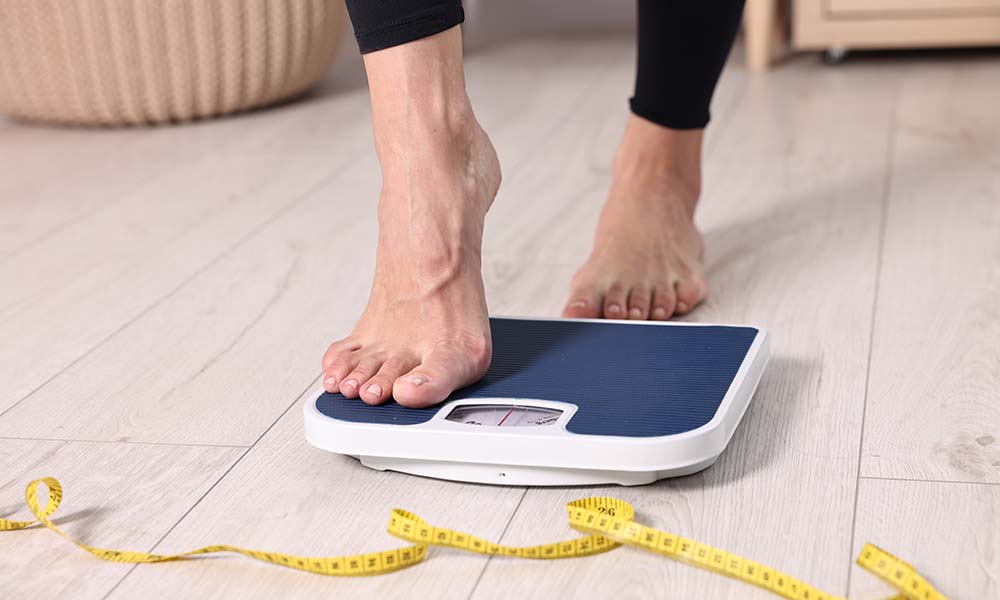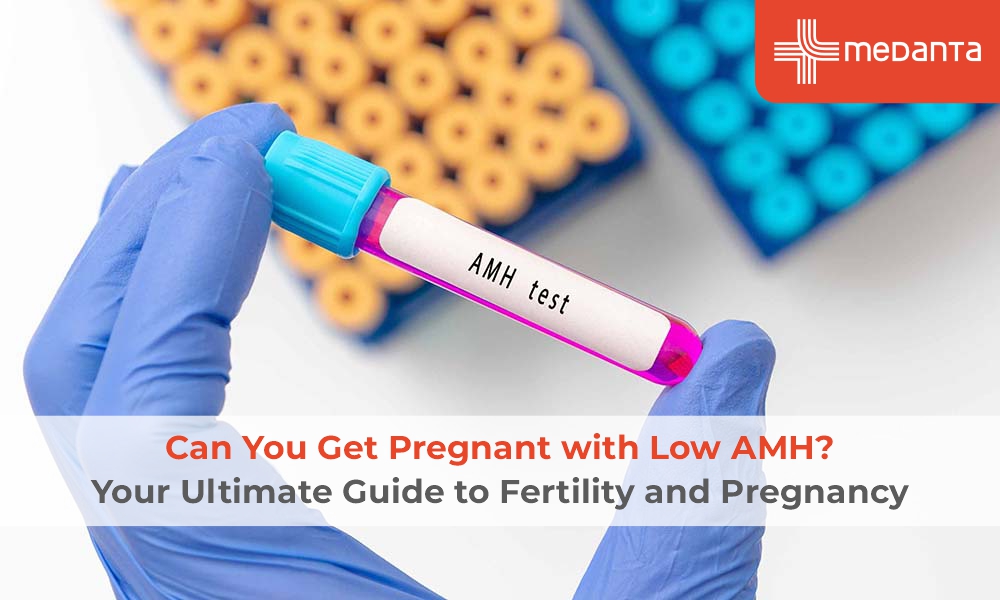How Obesity and Rapid Weight Loss Can Lead to Gallstones?

TABLE OF CONTENTS
Gallstones are often overlooked as a minor health issue’, but they affect about one-fifth of adults globally. These small, hard deposits that form in the gallbladder can be caused by a combination of several genetic and lifestyle factors, including obesity.
Apart from obesity, rapid weight loss can also stimulate a prolithogenic state, further increasing the likelihood of gallstone formation. But how do these two weight-related factors actually contribute to the development of gallstones?
Delve into the article to discover the link between obesity, rapid weight loss, and gallstones. Also, you can learn some effective weight loss tips to prevent and treat gallstones.
What Are Gallstones?
Hardened deposits of bile (digestive fluid)- gallstones form in your gallbladder, a pear-shaped, small organ located on your abdomen’s right side, just beneath the liver.
The stones in your gallbladder can vary in size and are usually composed of cholesterol, bilirubin, or a mix of both. Some people can develop just one gallstone, and others might develop many at the same time.
Why Do Gallstones Form?
So, what creates gallstones?
The formation of gallstones takes place because of a bile imbalance. When the bile in the gallbladder that aids fat digestion contains too much bilirubin or cholesterol or doesn't have sufficient bile acids or lecithin to mix water and oil-based liquids, gallstones can begin to form. Most people suffer from cholesterol gallstones, but gallstones formed due to bilirubin are also common.
Gallbladder motility is another factor contributing to gallstone formation. If your gallbladder doesn’t empty completely or often enough, it can lead to bile concentration, causing the crystallization of particles that eventually turn into stones.
Additionally, diets high in fat and low in fibre, along with a sedentary lifestyle, obesity, and rapid weight loss, can alter the composition and flow of bile, making them some common causes of gallstones.
So, how do obesity and rapid weight loss can lead to gallstone formation? Let’s learn!
Obesity and Gallstones
Obesity is one of the established causes of gallstones. Research has shown that people with a body mass index (BMI) of 30 or higher are more likely to develop gallstones than those with a lower BMI. One of the main reasons for this is the increased cholesterol levels in the bile of obese individuals. In obese people, their gallbladder may not empty completely, which can cause bile to become concentrated.
Obesity is linked to higher cholesterol, but not every obese individual develops gallstones. Other than that, increased body weight is also associated with reduced gallbladder motility, another factor that causes stones to form in the gallbladder. Also, obesity is often associated with insulin resistance, a condition where the body’s cells become less responsive to insulin. Due to insulin resistance, the liver may secrete excess cholesterol into bile, increasing the risk of gallstones.
Rapid Weight Loss and Gallstones

You might be thinking reducing weight should be the optimal solution to reduce the gallstone risk rather than raising the risk. Well, here we are talking about rapid weight loss, not just weight loss.
If you reduce weight rapidly or excessively, stones can potentially develop in your gallbladder.So, how does rapid weight loss contribute to gallstone formation? Rapid or excessive weight loss, fluctuating weight, or weight cycling can increase bile cholesterol. When you follow very low-calorie diets or undergo bariatric surgery, your liver responds by secreting more cholesterol into the bile. This excess cholesterol can further lead to the formation of gallstones, especially cholesterol gallstones.
How to Prevent and Treat Gallstones for Obese People
Are you obese? Thinking of losing weight to prevent or treat gallstones? For optimal weight loss, you should first start by determining the reasons for obesity and what works best for you. See to it you are not losing too much weight too quickly, as rapid or excessive weight loss can also contribute to gallstone development.
Here we have put together some tips following which you can optimally lose weight and prevent or treat gallstones:
Undergoing Cholecystectomy
The removal of the gallbladder via surgery, cholecystectomy is a gold standard treatment for symptomatic gallstones. It is generally done with Laparoscopy in a minimally invasive manner with rapid recovery. After the surgery, bile will flow directly from your liver into the small intestine.
Have a Balanced Diet
By following a balanced diet rich in healthy foods, you can reduce your weight and reduce chances of gallstones. Consider following these recommendations:
Increase Fiber Intake | Consume more fruits, vegetables, and whole grains to regulate digestion and reduce the likelihood of gallstone formation. |
Avoid Energy-Dense Foods | Reducing energy-dense foods, especially those that are too salty and sugary, can help lower the risk of high body weight and gallstones. |
Healthy Fats | Consuming healthy fats like nuts, olive oil, and avocados can help your gallbladder contract and empty more effectively. |
Moderate Weight Loss | Aim for a gradual weight loss of up to 1 kg per week. |
Physical Activity
Regular physical activity can help lose and maintain weight while reducing gallstone risk. By exercising for at least 30 minutes, you can improve insulin sensitivity and enhance gallbladder motility.
Drink Plenty of Water
Staying well-hydrated by daily drinking at least 8 glasses of water can help maintain healthy bile production. Adequate hydration may prevent bile concentration, whch may reduce the risk of stone formation.
All-in-All
With sensible weight loss strategies, you can reduce the risk of gallstone formation. Your gastroenterology doctor at Medanta can guide you on effective weight loss to prevent and treat gallstones.





